Anguished Communities in Delta State Demand Justice and End to Neglect After Four Years of Oil Pipeline Surveillance Abandonment
- by Ebitimi, Warri-Delta State, RNG247,
- about 5 months ago
- 150 views
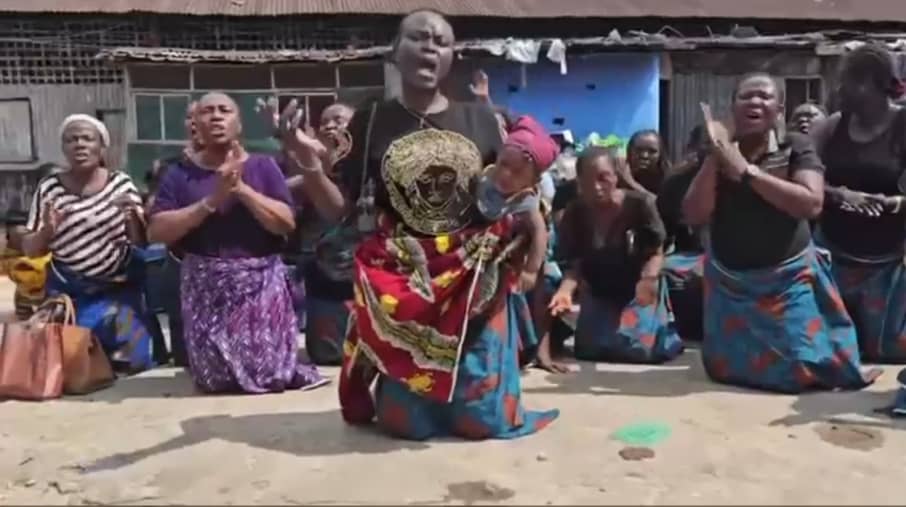
In the oil-rich Delta State, a groundswell of frustration and despair has swept through communities whose livelihoods have been devastated by the neglect of a critical pipeline surveillance project. Women and men from various parts of the region have come forward to voice their outrage, lamenting nearly four years of abandonment despite promises made by Tompolo Tantita Security Services, who was awarded the contract in 2022.
Residents recount how, during the contract's initial announcement, Tompolo gathered community members in Oporoza with reassuring words, promising that everyone would be involved in the project. They claimed to play a direct role in the illegal but historically vital black oil economy — engaging in the cooking of black oil to produce Petroleum Motor Spirit (PMS) and diesel, activities that sustain many families. These production camps have long dotted the creeks of the Niger Delta, supporting livelihoods in a region plagued by poverty.
However, since the government intervened, insisting these illegal activities cease and awarded the security contract to Tompolo, the community's hopes have dissolved into despair. “We are the ones who have been cooking oil to survive, and now we are neglected. Our families are dying of hunger,” lamented a local representative. They accuse the government of leaving them behind, neglected with dire needs on the ground, while they continue to suffer in silence.
The spokesperson of the Niger Delta People Mandate, Ebimene Tokowei, vented his frustration over what he called “inhuman treatment” meted out to the region's indigenes. He condemned Tompolo for allegedly sidelining the local people who were involved before he took charge. Tokowei claimed that instead of engagement, Tompolo’s operations have resulted in hunger, suffering, and violence, with some individuals dying in custody and others being subjected to brutal treatment.
He further detailed incidents of violence and abuse, including the reported case of a girl from Warri South West who was assaulted by Tompolo’s men in 2022 for criticizing him publicly. The community also recounted the brutal beheading of locals in River State, emphasizing that such acts of violence and intimidation have created a climate of fear.
“Many are too scared to speak out because of oppression,” he added. “Tompolo is a hardened criminal who cannot change his ways. He works closely with Mele Kyari, destroying the nation’s economy by stealing our oil in the deep sea. He is not interested in development but only in self-enrichment.”
Political tensions also feature prominently in the narrative. Tokowei accused Tompolo of meddling in Nigeria’s 2023 elections by funding opposition parties, including pouring money into the PDP via his loyalist Dennis Otuaro. Although his plans to undermine the ruling APC were unsuccessful, Tompolo’s influence remains a concern; supporters reportedly bribed their way into government offices, including the Amnesty office, to secure pipeline jobs for themselves upon the election’s conclusion.
Community voices urge the federal government to reconsider renewing the pipeline surveillance contract with Tompolo, citing his history of destruction and human rights abuses. “We advise that the jobs be divided among leaders from other states to better manage their territories,” a community leader stated. They argued that allowing a figure with a reputation marred by violence and illegal activities to continue holding such a contract would only perpetuate suffering and instability in the region.
Furthermore, they called on Tompolo to address the grievances of the original bunkering communities who engaged in illegal oil cooking in the past, emphasizing that the ongoing suffering in Delta State must be rectified.
As Delta communities continue to cry out for justice, many hope that the federal government will heed these calls, ensuring that future pipeline security arrangements prioritize the well-being and involvement of local people over personal and political gains. The region's future hinges on decisive action to restore peace, security, and economic stability to the beleaguered communities of the Niger Delta.




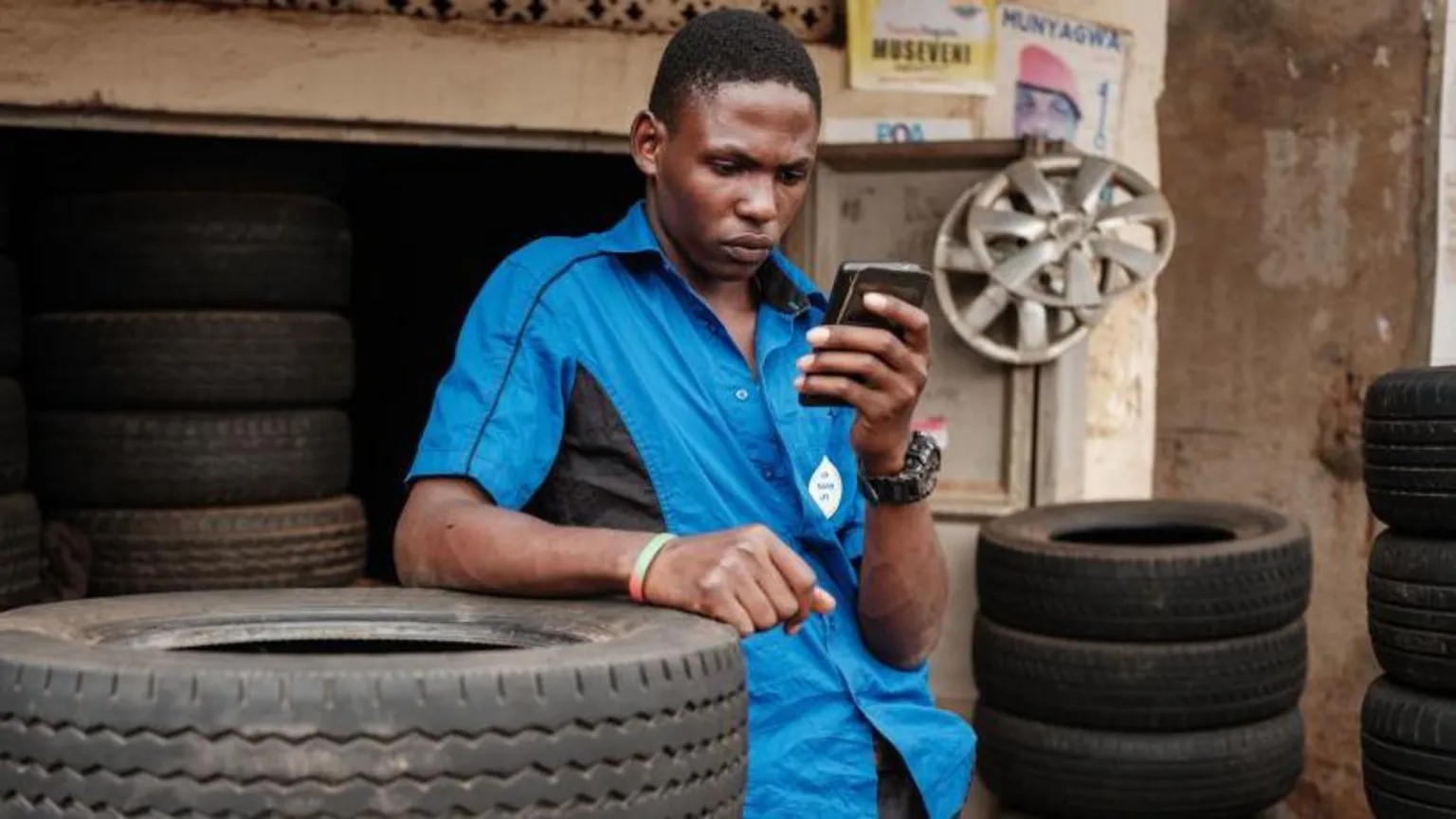
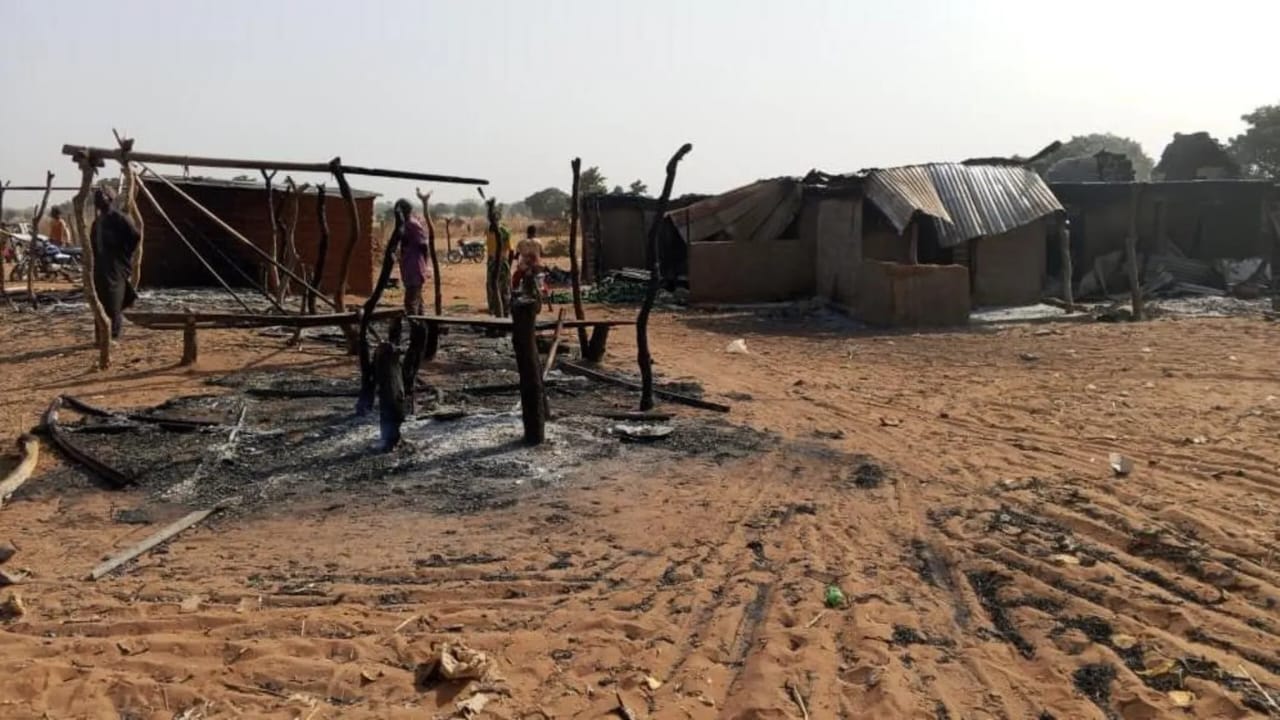

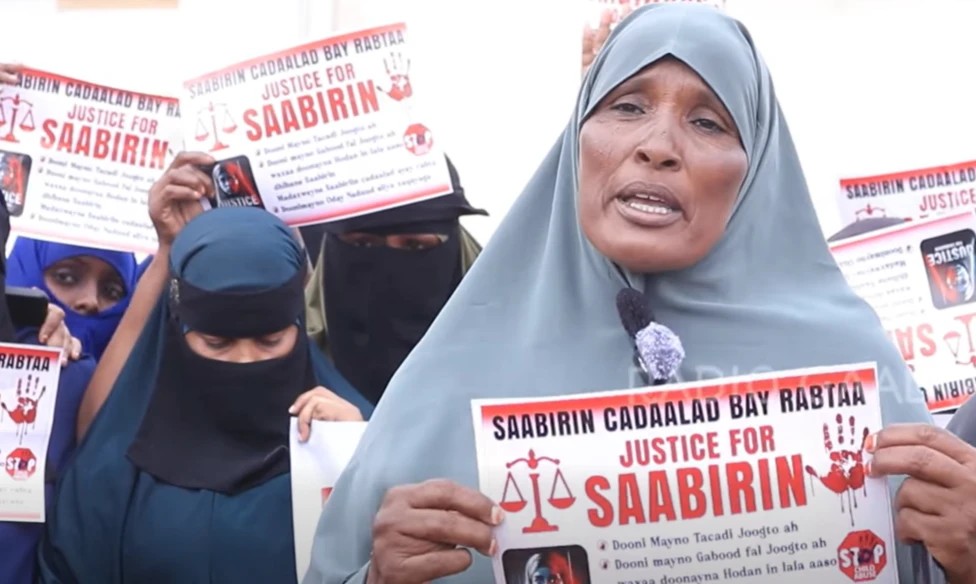


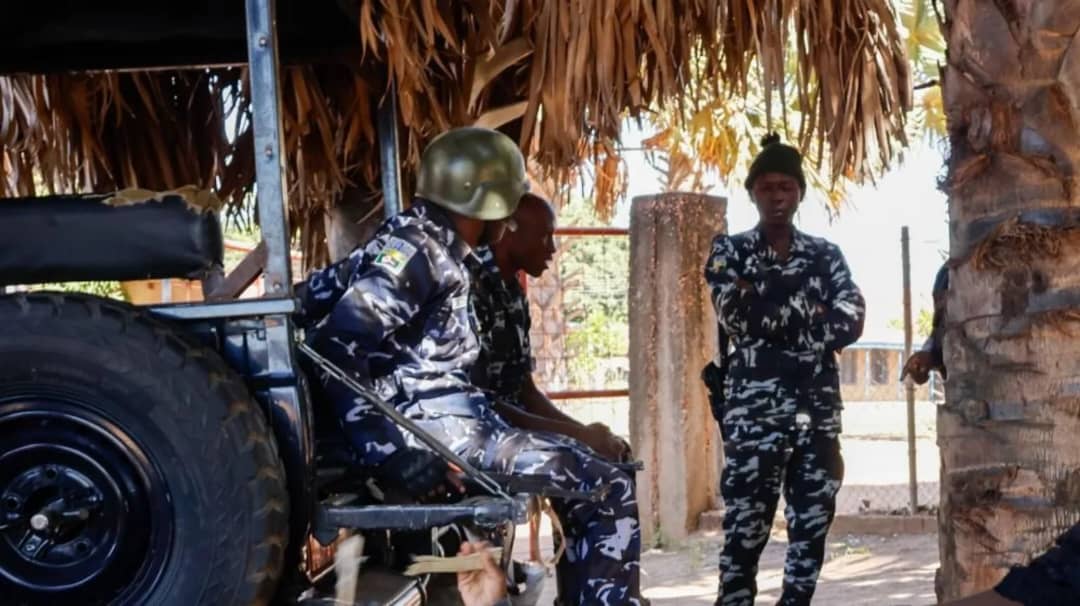
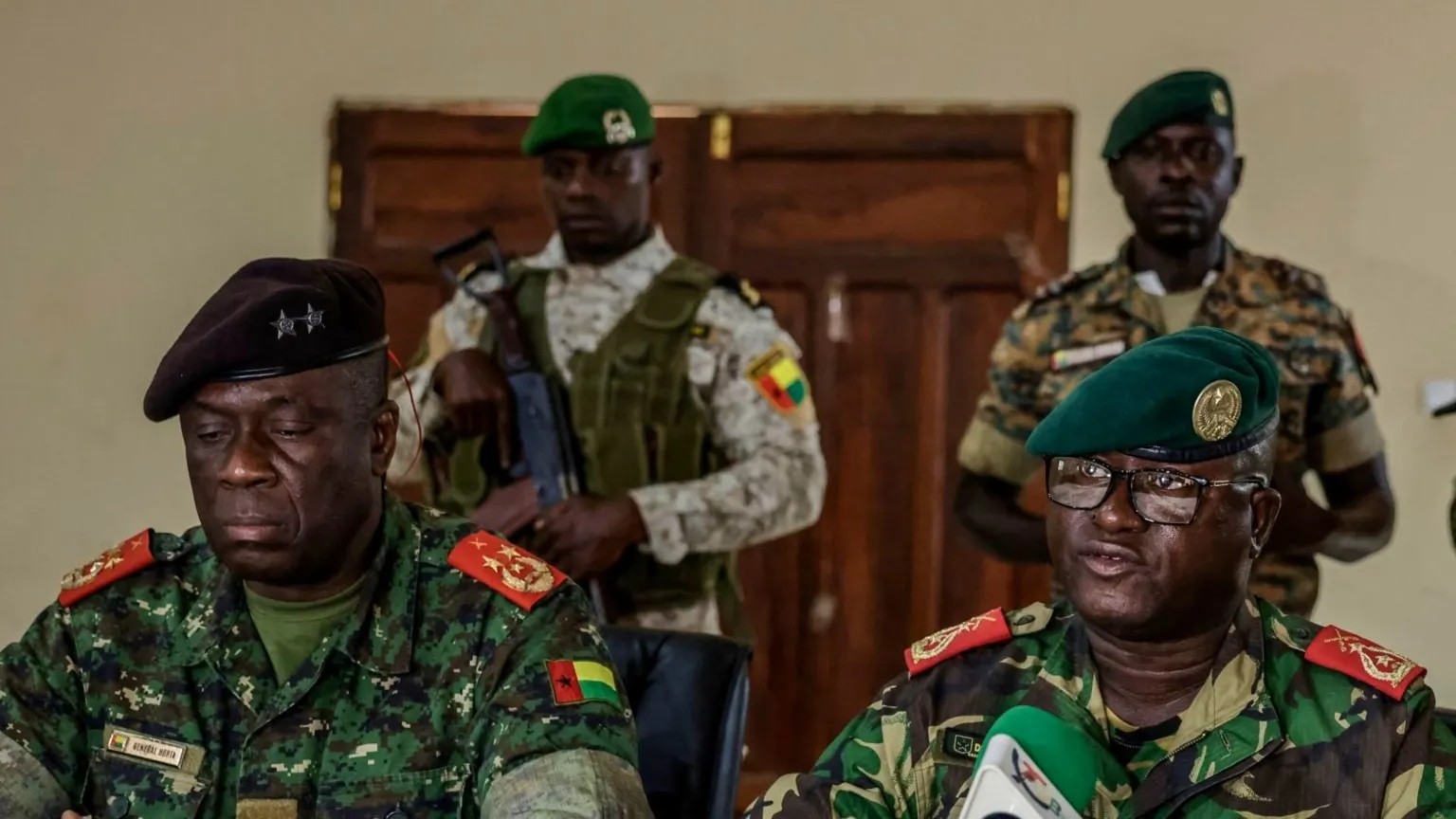
.jpg)



0 Comment(s)